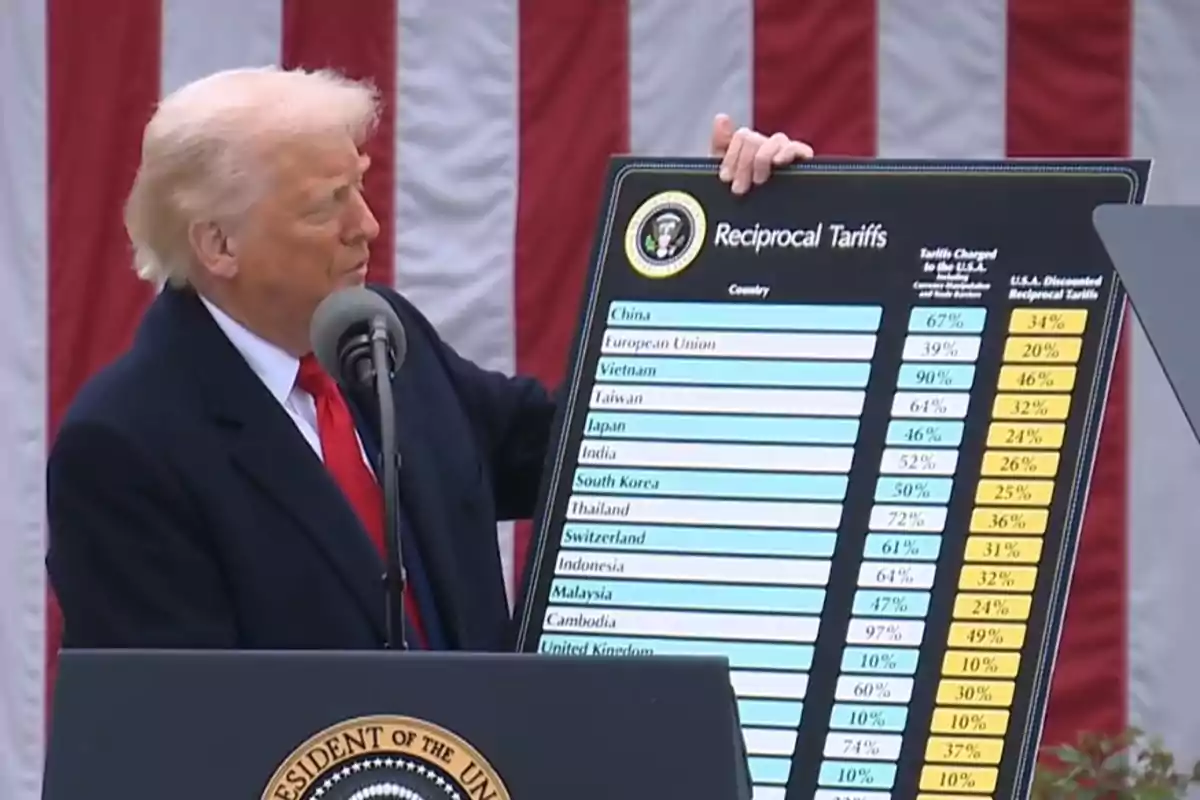
The United States recorded a huge budget surplus in June
This is thanks to revenue from reciprocal tariffs and spending cuts
The United States recorded a budget surplus of $27 billion in June, a figure not seen since the same month in 2005, 19 years ago, according to the Treasury Department on Friday.
Behind this result are mainly the revenues caused by the "reciprocal tariffs" implemented under President Donald Trump's administration, which have had a direct effect on public accounts. This is also due to the millions of dollars in spending cuts implemented by the Republican administration.
Thanks to this surplus, the accumulated deficit in the fiscal year decreased slightly, standing at $1.34 trillion, 1% less than in the same period of the previous year. For comparison, in June 2023, the country had recorded a $71 billion deficit. The fiscal year ends on September 30, which still leaves room for variations in the final numbers.

Beyond the spending cuts, the decisive factor was the sharp increase in Treasury revenues, which grew by 13% year-on-year, while spending decreased by 7%.
In this context, customs tariffs were the key: they alone caused the $27 billion that represent June's surplus, a notable increase from the $23 billion collected in May. Compared to June of last year, tariff revenues grew by 301%.
Since the beginning of the fiscal year, these taxes have contributed $113 billion, representing an 86% increase compared to the previous year.

This growth is related to the 19% tariff package that Trump imposed on all imports in April, in addition to the so-called "reciprocal tariffs" that affect several trading partners. Although trade negotiations are still ongoing, the effects on revenue collection are already being felt.
Earlier this week, the U.S. government applied new tariffs: Japan was taxed at a rate of 25%, while Brazil faced a 50% tax. All copper imports into the United States were also subject to this same 50% tariff, a figure considerably higher than analysts had anticipated.
Additionally, on Thursday night, the White House applied a 35% tariff on products from Canada. Meanwhile, negotiations with the European Union remain stalled: an official letter from Washington to Brussels was expected as part of the bilateral framework agreement, but as of Friday morning, that communication still hadn't arrived.
More posts: